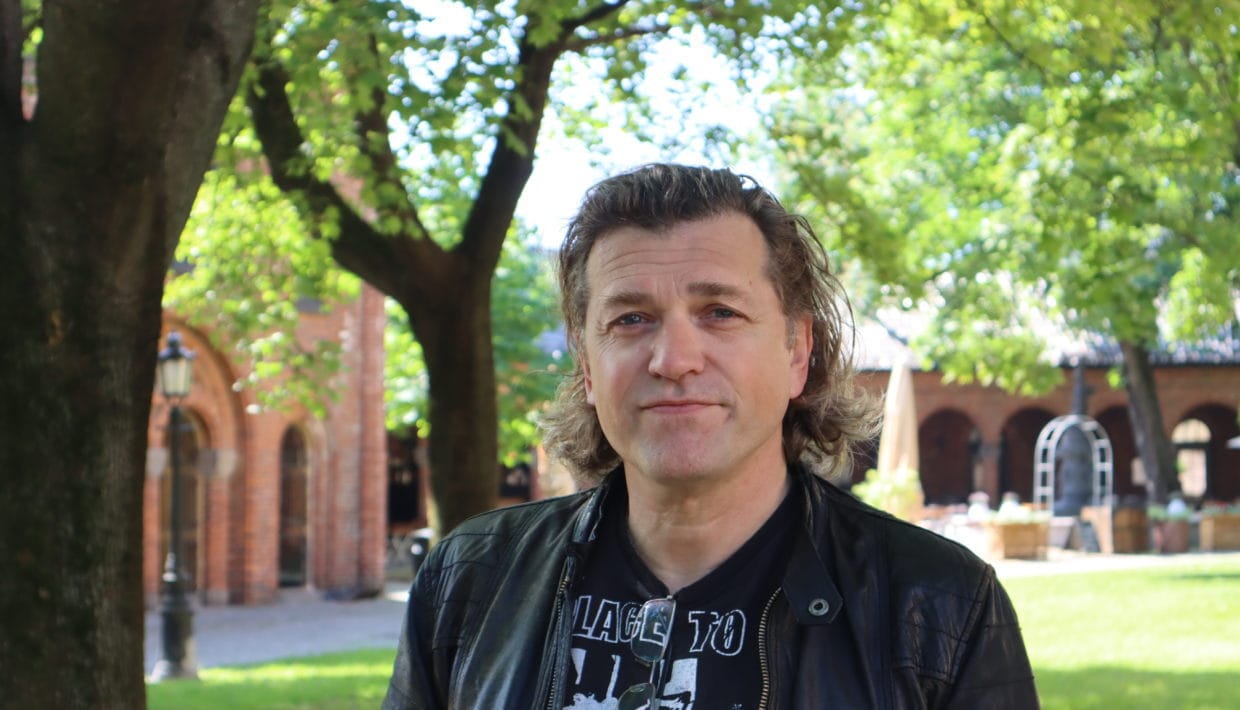
Torgrim Sneve Guttormsen appointed Honorary Professor Position at The University of Stirling
Research Professor and head of the Department of Cultural Heritage and Society at NIKU, Torgrim Sneve Guttormsen, has been awarded Honorary Professor Position at the University of Stirling for the period 2021-2024.
The University of Stirling is an international university with a global reputation for high quality teaching and research.
– We are delighted that Torgrim has joined us, says Principal and Vice-Chancellor of The University of Stirling, Professor Sir Gerry McCormac.
-I have no doubt that his unique expertise will be of enormous benefit to our students, staff and the wider community of international scholars with whom we engage.
Close partnership
The Norwegian Institute for Cultural Heritage (NIKU) and The University of Stirling has previously signed a Memorandum of Understanding (MOU), with the aim of strengthening research collaboration in the field of cultural heritage and society.
Research at the Stirlings Centre for Environment, Heritage and Policy (CEHP) has close parallels to NIKU’s research aimed at administration, environmental policy, and the role of cultural heritage in society.
NIKU and Stirling already have several collaborative projects, including Curbatheri, which is an ongoing research project on urban transformation and cultural heritage.
International cultural heritage research
Torgrim’s engagement with the University of Stirling will further strengthen the connection between the research community in Scotland and the Norwegian Institute for Cultural Heritage Research.
– I am looking forwards to contribute with lectures at the University of Stirling, and to collaborate on research applications that are important to both NIKU and the university’, says Guttormsen.
It is also a goal to further build on existing networks and exchange researchers and students across the two institutions.
– The plan is to strengthen our expertise in the field of cultural heritage across Scotland and Norway, Guttormsen concludes.

